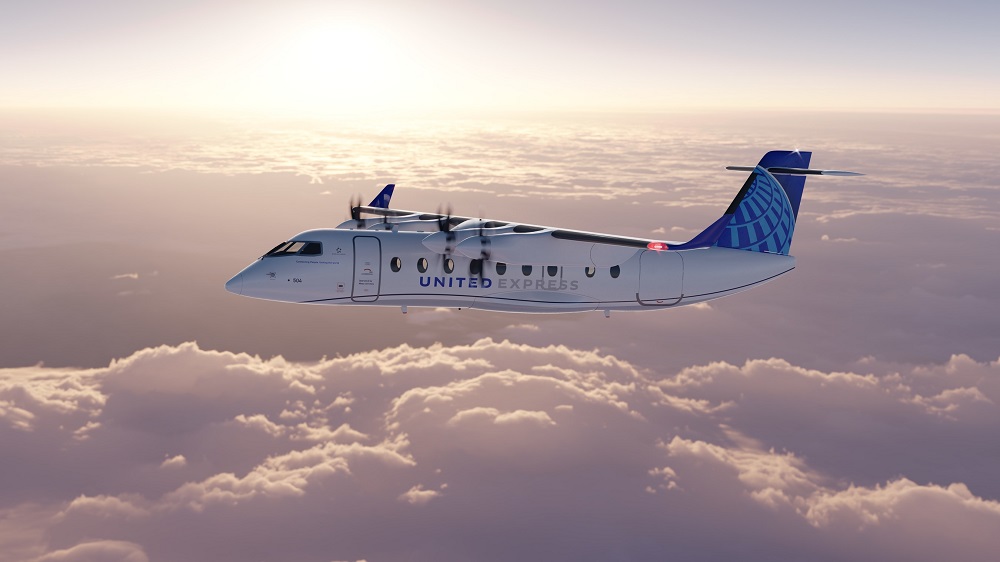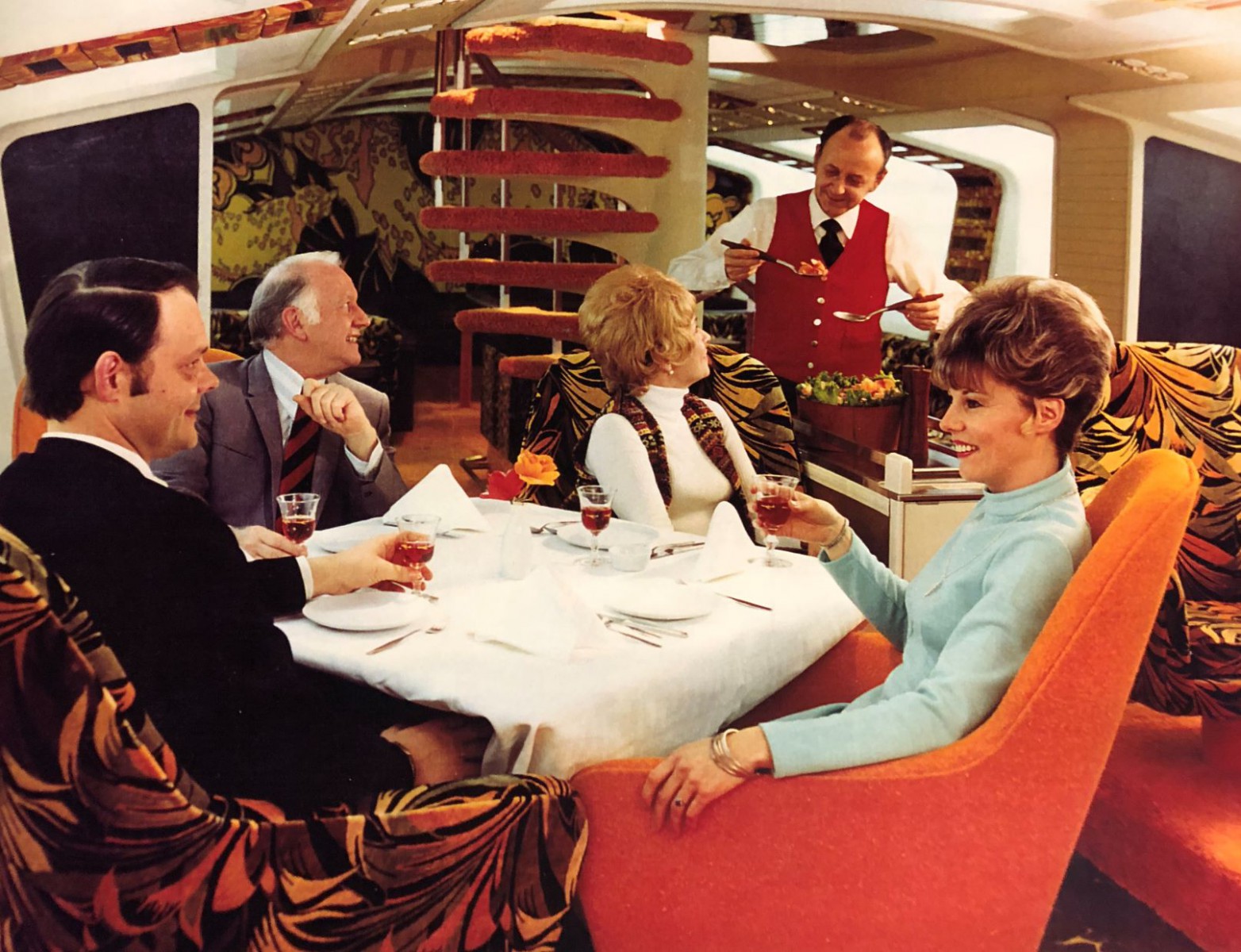United hopes to fly electric aircraft by 2026
13 July, 2021
3 min read


United Airlines has conditionally agreed to take 100 19-seat electric aircraft with a potential to fly short-haul routes of up to 250 miles (402kms) as early as 2026.
The deal is part of an investment by United Airlines Ventures, along with clean energy investor Breakthrough Energy Ventures and United regional partner Mesa Airlines, in electric aircraft startup Heart Aerospace.
The agreement to take the 100 aircraft is conditional on the aircraft meeting the US carrier's safety business and operating requirements and is part of wider moves to reduce greenhouse gas emissions by 100 percent by 2050 without relying on traditional carbon offsets.
https://twitter.com/i/status/1414948848984903683
READ: Almost 3300 reports of disruptive behaviour on US flights so far this year.
Mesa has agreed to add the aircraft to its fleet, subject to similar requirements.
The race is on to develop regional electric aircraft that can reduce operational emissions to zero as part of the decarbonization of aviation.
Heart says its ES-19 aircraft will be larger than its competitors and will be designed to use the same type of batteries used in electric cars.
United Airlines Ventures president Michael Leskinen said the airline recognized customers wanted more ownership of their carbon emissions footprint.
"We expect the short-haul regional air travel market to play a key role in the evolution of the electric aircraft,'' said United Airlines Ventures president Michael Leskinen.
"As battery technology improves, larger-gauge aircraft should become viable but we're not going to wait to begin the journey.
"That's why we're looking forward to beginning our work with Heart, so that, together, we can scale the availability of electric airliners and use them for passenger flights within the next five years."
Although electric and hybrid aircraft are seen as a key element of reducing the carbon footprint of regional flying, long-haul aircraft are expected to depend on liquid fuel for some years to come.
The industry is pushing governments to support the development of sustainable aviation fuels that can significantly reduce life-cycle carbon emissions.
READ: AirNZ, US lawmakers spearhead renwed push for aviation biofuel.
A biofuel blend made from feedstocks as diverse as forestry and agricultural by-products, landfill waste or even used cooking oil can be easily dropped into existing fuel systems and research is underway into moving to 100 percent SAF.
Using pure biofuel offers a reduction in carbon emissions of up to 80 percent on a life-cycle basis, which includes elements such as production and transportation.
The problem has been that SAF costs about three times as much as conventional aviation fuel and is only available in limited quantities due to the dearth of production facilities.
Get the latest news and updates straight to your inbox
No spam, no hassle, no fuss, just airline news direct to you.
By joining our newsletter, you agree to our Privacy Policy
Find us on social media
Comments
No comments yet, be the first to write one.

